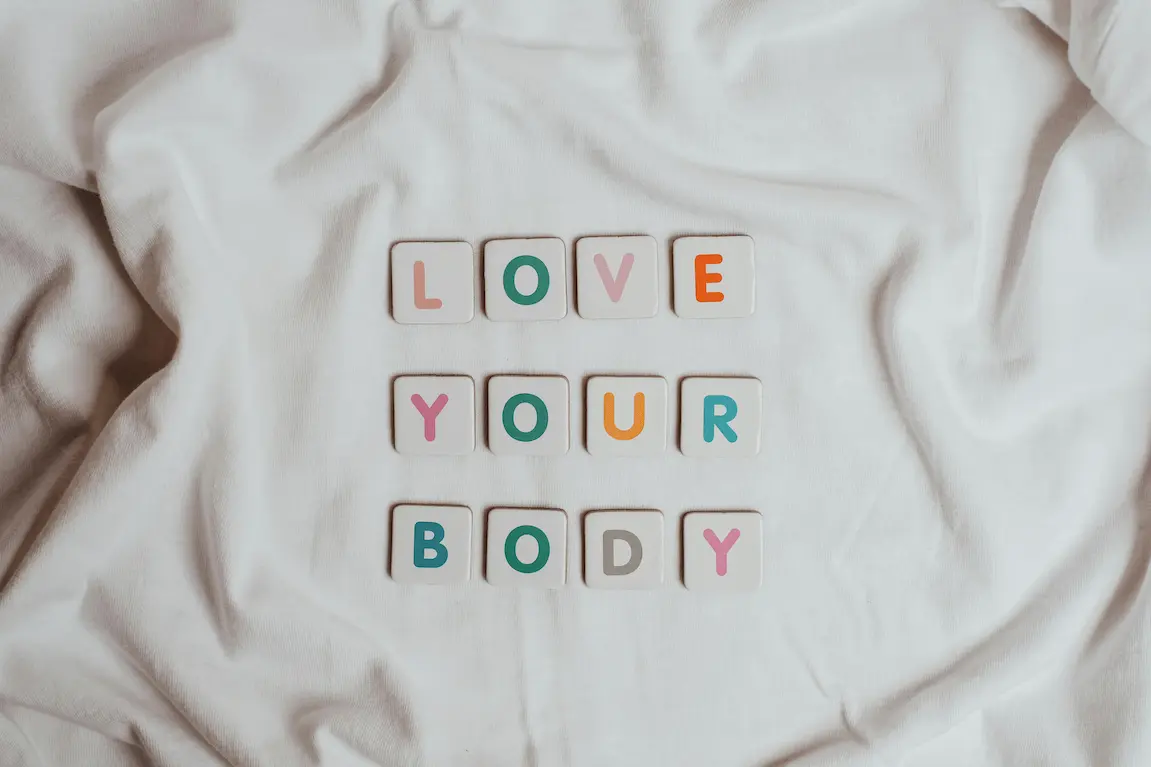Whether it be while maturing into adulthood, during pregnancy, postpartum, fertility treatments, or transcending through the gossamer cloud of menopause and perimenopause, the focus of much of the conversation is on weight.
Too much weight gain, cause of weight gain, accepting weight gain, loss of weight. The repeated theme of weight loss as a requirement to “regain” or “get back” our bodies – although known to most of us as toxic – in its redundant messaging alters the neurons in our brain to actually think that is what is to be done.
I argue, if we move towards messaging that the body is your home – your first home, as Thich Nhat Hanh messages as well as one of my favorite authors, Rupi Kaur, states in her poetry of Home Body – then we can repatriate ourselves to that home regardless of its current state or weight. It is yours. It is the home you live in. Your first home.
The weight, in itself, of transitions through life’s phases, like pregnancy or hormonal changes, goes far beyond the physical manifestation of adipose tissue around our mid centers or breasts. The motherload – the true weight we carry – is on our shoulders and minds. The rolodex of mental and emotional thoughts, worries and tasks battering us. This is beyond physical; it is the weight of carrying our babies, of violence in the news, of house tasks, of life as a working mom, of 9.8 m/s2 of gravity pulling down on all of us at all moments of our life.
This can easily start to sound heavy and hard. But the load begins to lighten when we reframe our mindset and reclaim control. This begins by looking deeper and asking ourselves ‘what truly is the weight we carry?’ And what about it do we want to lose or change? We may find that pressing a few easy buttons, lessening up time on social media, holding firm boundaries on time, asking for help, saying ‘no’, seeking help of a therapist or mental health professional, may alleviate the feelings of ‘burden’ and open space for more meaningful impact in the things we’ve chosen to continue to carry.
The motherload of stress that is carried – parent, caregiver, or not – triggers the sympathetic nervous system, or ‘fight or flight’ system in our brains. Imagine your body feels like it is running from bears all the time. When your body is outrunning bears, it is thinking “preserve everything I’ve got in case this gets worse, I have to outrun the bears.” This reaction from the body to hold desperately on to mass in turn makes shedding weight – physical, emotional, spiritual – extremely difficult. On the other hand, the reframe allows us to turn the table on our stressors and remind ourselves that we have the control. We can look at all of the burdens we carry, and sort those we choose to keep into more manageable parcels. And the very best part, we can lessen or remove those that don’t serve us from our loud at will.
We can.







